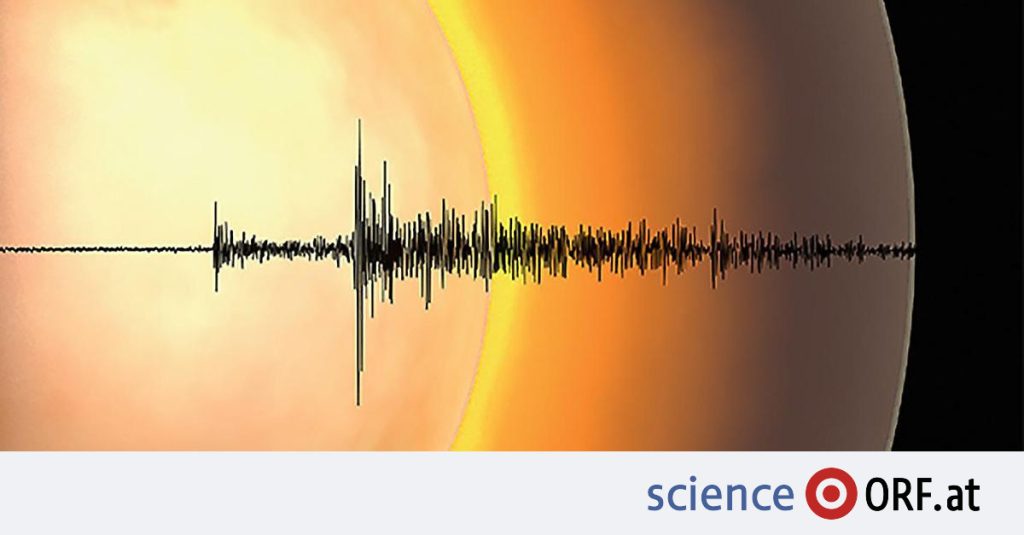Two speeds of sound
An international team of scientists has evaluated audio recordings from Mars for the first time – the result: silence reigns on the Red Planet. But there was a surprise: There are two different speeds of sound on Mars.
“There are only a few natural sound sources apart from the wind,” the scientists explained on the occasion of the publication of their study. In the magazine “Nature”. The five-hour audio recordings come from two microphones aboard NASA’s “Perseverance” Mars rover, which landed on Mars in February last year. Now they are led by a research team around the lead author Sylvester Morris evaluated for the first time.
The recordings were so quiet, punctuated only by occasional gusts of wind, that scientists began to fear something was wrong with the measurements. But then something can be heard, for example the hum of the rotor blades of the tiny, ultra-lightweight helicopter “Ingenuity” of the NASA rover.
two speeds of sound
Through their studies, scientists were able for the first time to prove that the speed of sound on Mars is 240 meters per second, that is, slower than the speed of sound on Earth, where sound travels at a speed of 340 meters per second. This was expected because Mars’ atmosphere is 95% carbon dioxide and about 100 times thinner than Earth’s.
Surprisingly, however, the sound produced by the laser traveled at 250 meters per second – faster than expected. “I panicked a little,” lead author Morris said. “I told myself that one of the two scales must be wrong because there is only one speed of sound on Earth.”
So, there are two speeds of sound on Mars: one for high-pitched sounds like lasers, and one for low frequencies like the hum of rotating helicopters. “All these factors will make it difficult for two people who are only five meters apart to hold a conversation,” said the French research institute CNRS.







More Stories
Exploding Fireball: Find the meteorite fragments
Neuralink's competitor lets blind people see again with an implant
A huge meteorite has hit Earth – four times the size of Mount Everest